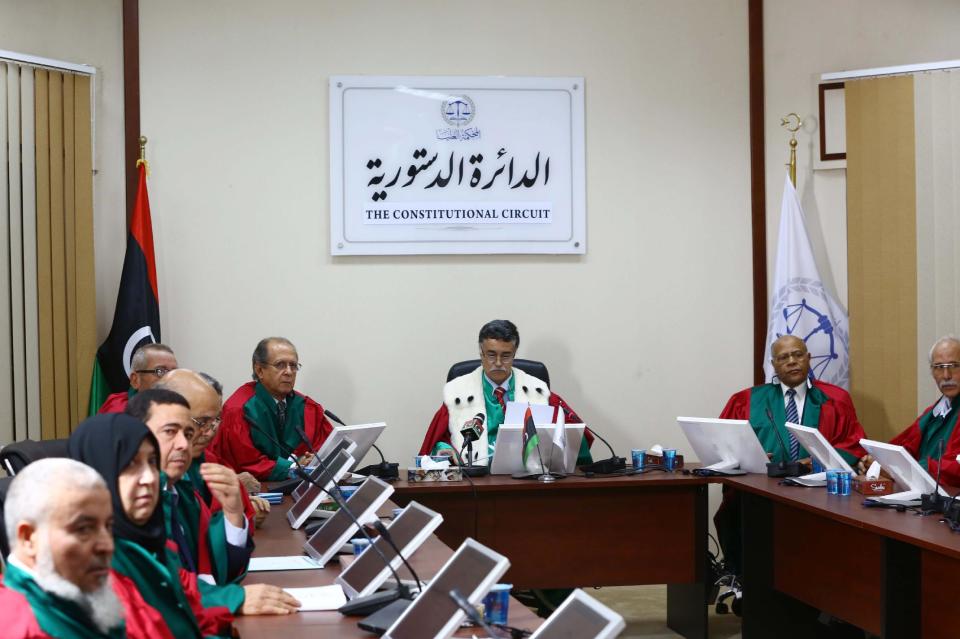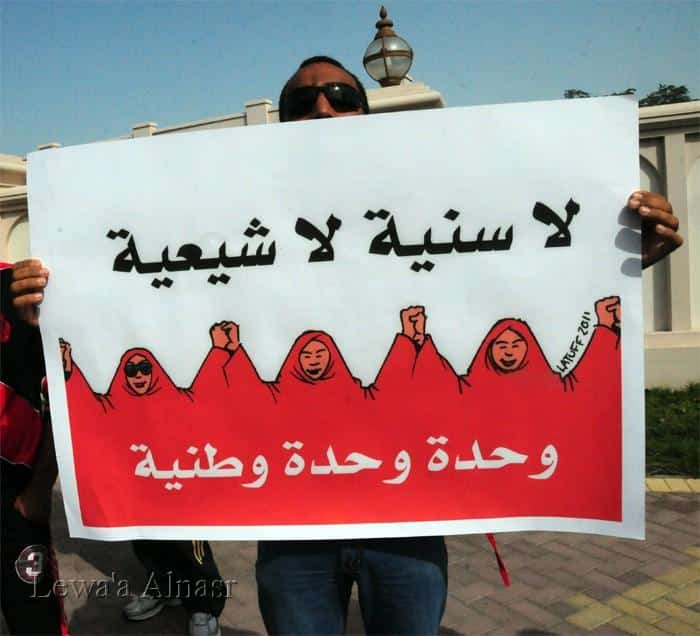My articles focus on foreign intervention, particularly from US forces, both before and after the fall of Gaddafi. The American Conservative highlights the major flaws in US aid during the ousting of Gaddafi in 2011, deeming that the US attributed “values” they wanted to believe that Libya had, putting far more significance on the conflict than it truly possessed. US intervention was unpopular in the region because of distrust and resentment in the US. The author says this tells us that the US is far too quick to take sides in foreign conflict, and far too eager to throw their weight behind their side to make sure it wins, abandoning hindsight in situations by acting impulsively. From The Intercept, authors Glenn Greenwald and Murtaza Hussain discuss the issues on US intervention in Libya in terms of it being focused on short-term goals rather than sustained support for the reconstruction of civil institutions. US claimed that military force in Libya was crucial to address atrocities and human right violations, and that the US cannot “turn a blind eye” in upholding “universal values.” However, after the successful ousting of Gaddafi, US and humanitarian efforts ceased, leaving the country to pick up the pieces and re-build themselves from the ground up in the midst of social, political, and economic chaos and degradation.

Reuters reported recently that President Sissi of Egypt has called for US and European intervention in the Libyan conflict to counter terrorism and aid the Libyan army in their fight against Islamic militant groups, preventing the conflict from requiring intervention on the scale of Iraq and Syria.
In terms of US military intervention we can conclude that there were numerous deficiencies in their strategy to oust Gaddafi in 2011. They lacked in their sustained support to rebuild the institutions that were destroyed during and after the Gaddafi regime, and because of this the country dissented into chaos and militant violence. The US is too gung ho to protect “universal values” that they tend to assume these values are indeed universal. Rather than being so quick to take sides and settle foreign conflict the US should act more as a neutral mediator resolving conflict rather than initiating further bloodshed through their impulse to “do something” immediately. While we can turn back time, we can try to mend what we’ve broken. President Sissi of Egypt has officially announced his call for international intervention in Libya to help in the battle against Islamic insurgency. While the US has been condemned for their ad hoc management of Arab Spring intervention strategies in Libya in the past, they should really take time to consider how to offer aid that will in the long run fix what they contributed in destroying. We know that US intervention in the Middle East is historically condemned, so the fact that they are now calling on us for assistance makes it clear that they cant fight this battle on their own and they are in need of foreign allies to eliminate the escalating Islamic threat. Now the the chance for the US to be that “mediator,” doing their part to cease the violence and attempt to bring order to the anarchy.





